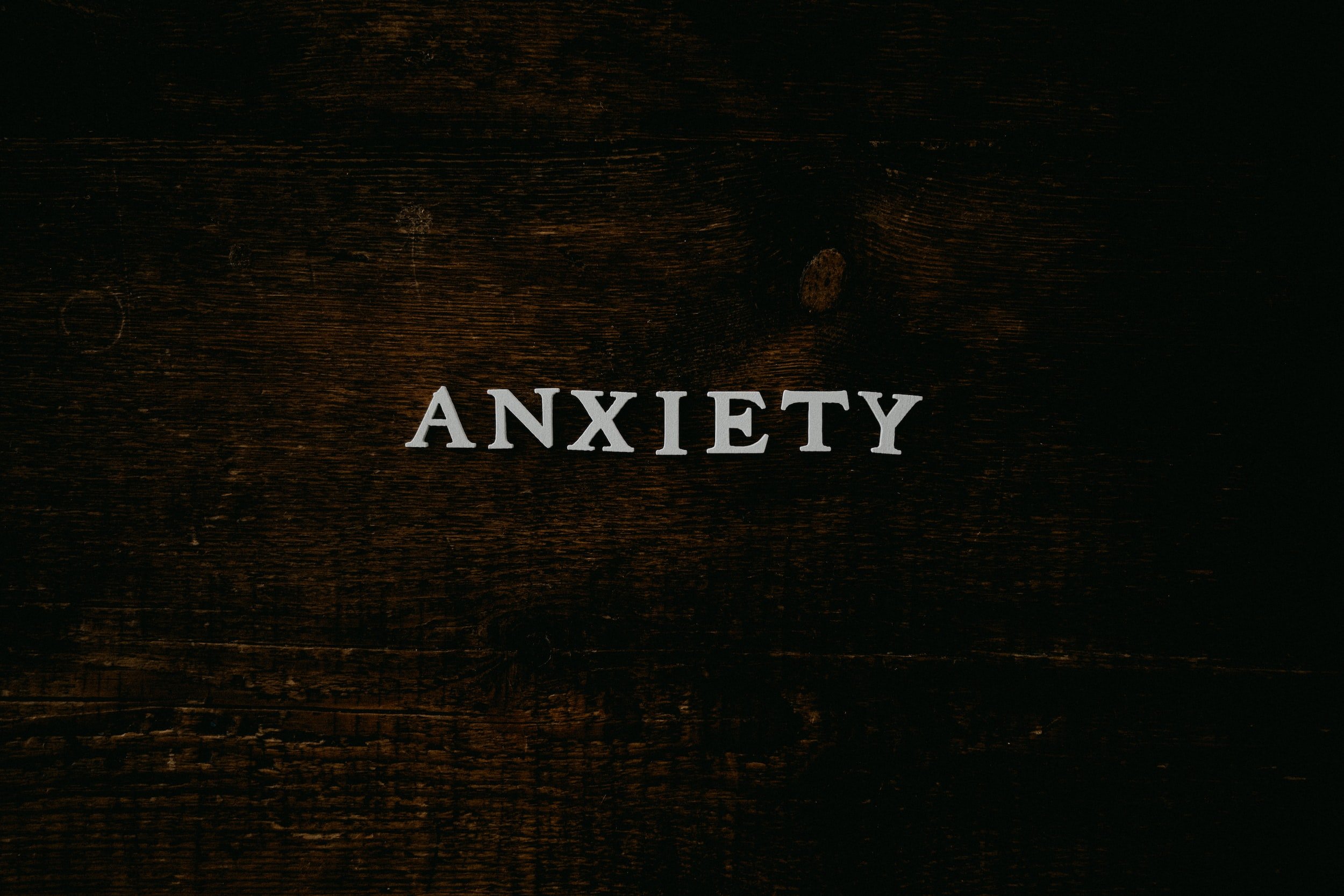How to Stop People Pleasing - Video Transcript
Hey everyone, I'm Kristen, the anxiety therapist, and today I'm going to be talking about a topic that's very near and dear to my heart and that is people pleasing. Um most of the clients I work with struggle with people pleasing and so I just wanted to provide some information and education about where this comes from and some things you can do about it.
So people pleasing is basically a learned coping response. So a lot of times this stems from childhood and maybe our caregivers were kind of inconsistent in meeting our emotional needs or we were conditioned um not to be a burden and we sort of have this perception that we're more like if we're the easy child.
Um this also means that our self worth is often tied to being the good child who follows the rules and meets others expectations. And so then what happens is we get into adulthood and when we feel anxious, especially in terms of interacting with others, we go into this fawn response. So a lot of us are familiar with the fight or flight response if we feel a threat. Um usually we either fight, you know, we kind of go into that aggressive mode or we take flight and we flee the situation and leave.
There are two other responses and that is freezing. This is when we get kind of paralyzed or fawning and this is when we appease others and try to pacify this threat to maintain a sense of safety. So a lot of people pleasers tend to be very conflict of um this is kind of indicative of a fond response.
So then what happens is that we grow up kind of feeling burdensome to others if we have certain needs or problems. And so we internalize a lot of that stuff, right? We don't we don't want to burden others with our issues, so to speak. So we keep it all inside and that just kind of perpetuates this cycle of anxiety and can also lead to resentment and sabotage in relationships in the long term, right?
Because if we're constantly fearful of expressing our needs or wants or problems, we might feel taken advantage of or like other people, there's space for other people to have their needs met, but not for us. So there are a couple of things that you can do if you've noticed these people pleasing tendencies in yourself.
The first is just to identify these patterns. So try to gain some more awareness of when these people pleasing tendencies come about. Is there anything that you can kind of connect it to in your childhood or in your past and then start to prioritize your own needs and value, this is going to feel really selfish and kind of really abnormal to do this because you're so used to putting everyone else's needs or wants first, but start small, start with something that's not super high stakes and just practice even if it's just communicating your needs to another person.
This is going to be a really important step and then lastly you're going to want to um set boundaries and practicing know two things right. We often are so quick to say yes when we have people pleasing tendencies that we don't really take a beat to check in with ourselves and ask if it's really something that we want or need to do and so we over commit.
So the third thing is to really just be clear on what you want to be saying yes to and practice saying no to things again, this is going to be very uncomfortable and feel a bit selfish, but in order to make change, some discomfort comes with that, but in the long term you will be very happy that you did.
So I hope this helps and clear some stuff up for you and I hope it provides you with some tips on how to move forward. If you do tend to be a people pleaser feel free to follow me on social media at cathartic space counseling, that's facebook and instagram. And then if you think I can help feel free to check out my website, that's cathartic space counseling dot com. So I put out new content every week, be sure to follow me so that you have access to that as soon as it's released and I will see you guys next week.
Thanks, take care.
